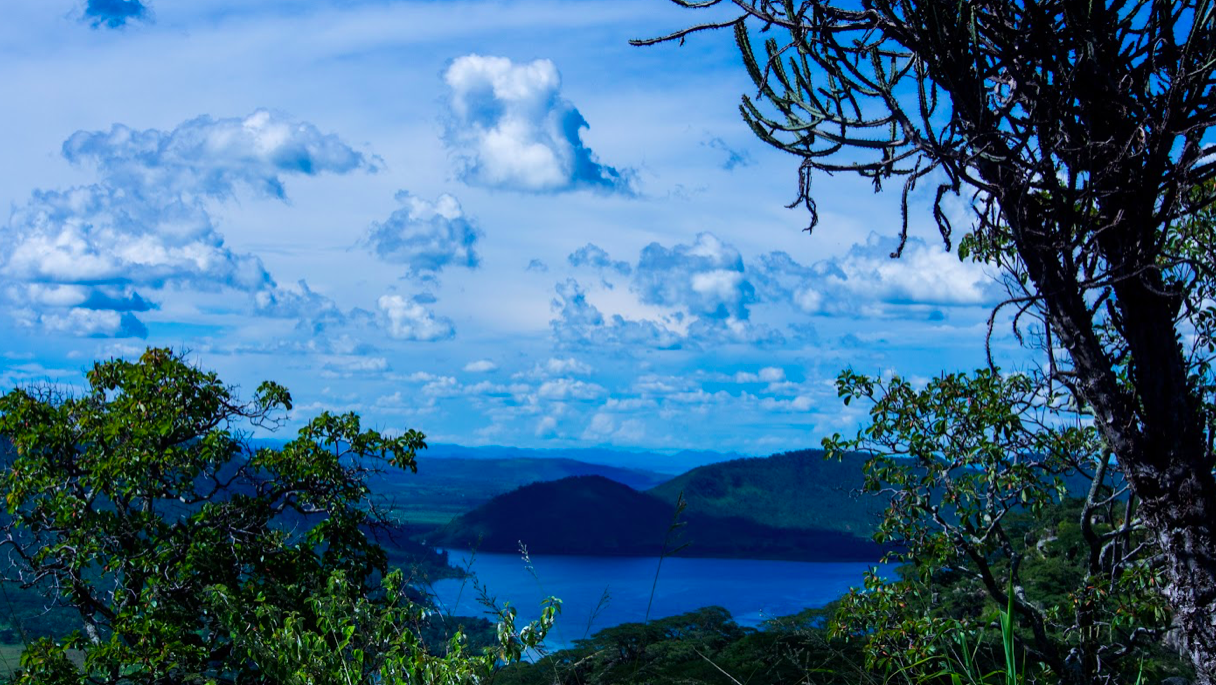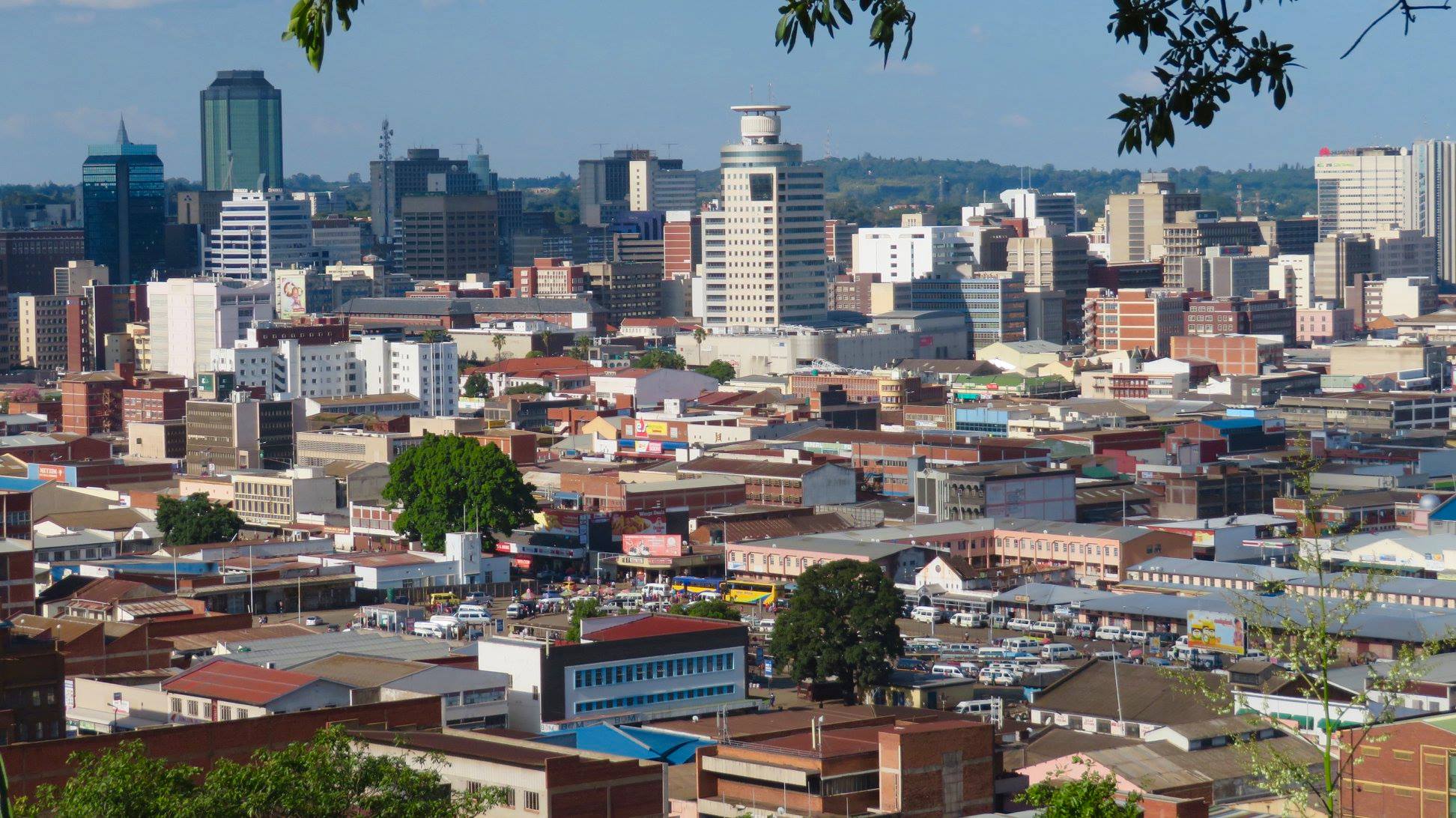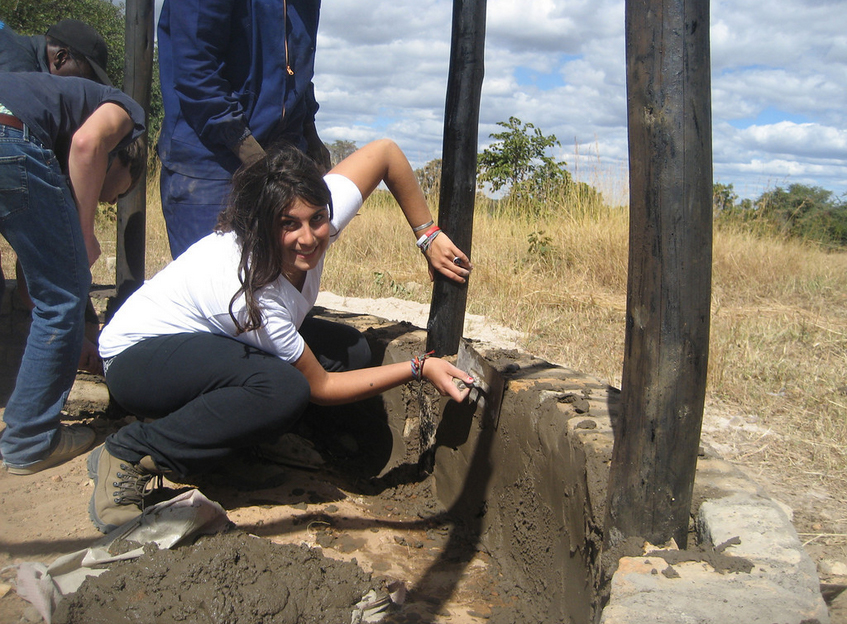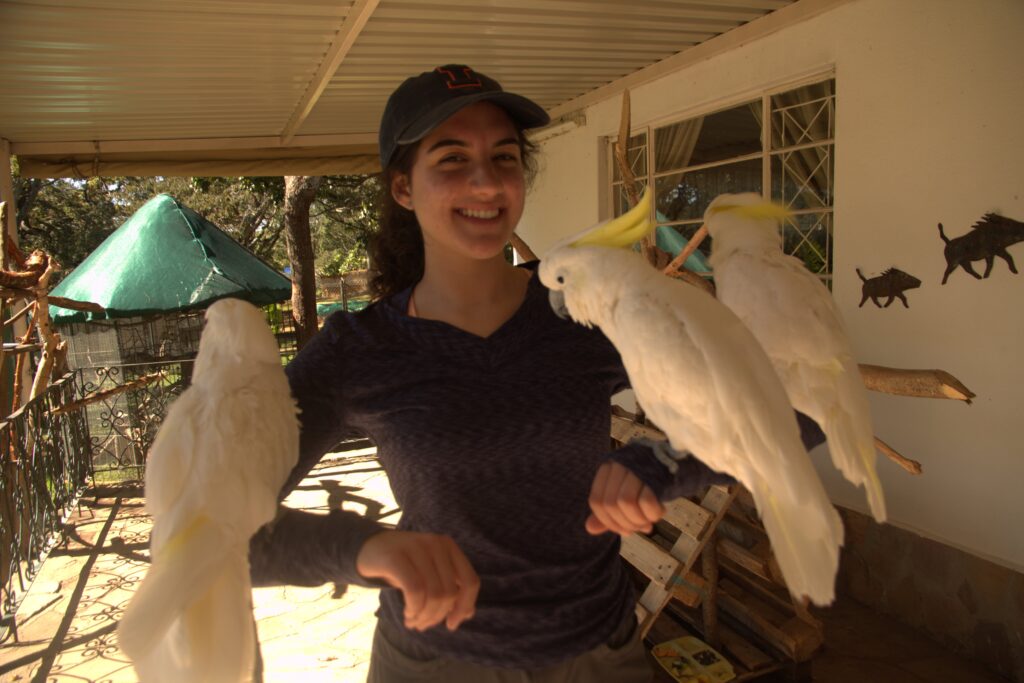Tiritose Sustainable Travel is a social enterprise that has been launched in partnership between Tiritose Trust, a registered not-for-profit-organisation, and a Board of Directors with expertise in social development, environmental conservation, and legal policy.
As a company, we channel the revenue from our programmes and experiences to the not-for-profit organisation’s activities, which include:
- Contributing to local community development initiatives
- Wildlife and environmental conservation programmes
- Development partnerships with educational and medical institutions
- Rural development projects, including a unique village resource centre initiative
Tiritose Sustainable Travel operates & runs ethical programmes, ensuring responsible travellers who want to enjoy a holiday, whilst contributing to the local communities, environment & wildlife conservation efforts, do so in a safe & sustainable way.
We maintain a commitment to the highest standards of purpose, transparency and accountability. Please contact us if you would like a copy of our Impact Report for the year 2019.
With regards to fee distribution, the following is an introductory allocation structure:
75% of the programme fee is channelled directly towards social and environmental impact initiatives. These funds help support local development and living-wage employment for programme facilitators representing our partners in realising the organisation’s social and environmental impact goals, including healthcare institutions, educational institutions, as well as, secondarily, the contractors we work with such as tour guides and tour programme operators.
25% is utilised to ensure that we adequately prepare for your orientation, ensure health and safety, as well as pay our own staff living wages.
We operate a lean model of social enterprise development in order to ensure that contributions to our organisation’s mission and purpose, as well as the realisation of our development goals, social and environmental impact, is maximised to the fullest possible extent.








